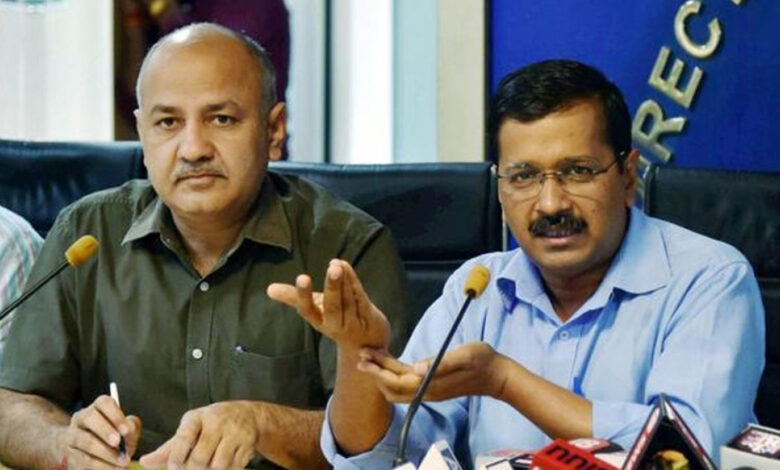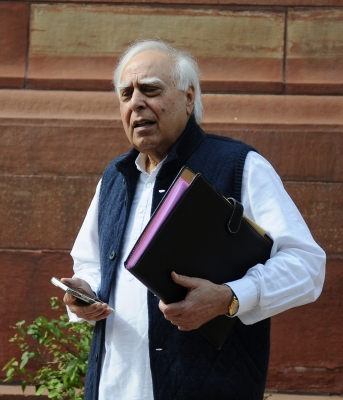
Mobilenews24x7 Bureau
It was expected and it has happened already. After Manish Sisodia now it is the number of the chief minister of Delhi Arvind Kejriwal to be dragged into the noose of the Excise scam.
Critics have quickly dubbed the mention of the name of Kejriwal in the fourth suplemantary charge sheet prepared by the Enforcement Directorate(ED).
Although as not as accused. Then what?
Now the gospel truth is only coming out of Sisodia’s ade Dinesh Arora and the ED is obviously trying to pin down on one available man to unearth am alleged scam that is almost pan-India as said.
Slowly the dragnet expands and it seems to be a scheme that would entangle all the known leaders in the AAP which includes Sanjay Singh who is vocal against the Modi regime. But it does not specify whether it refers to the AAP Rajya Sabha by the same name or someone else.
If such a scam of such magnitude has surfaced then what the probe agencies of India were doing all those years. And let’s look at the timing as the 2024 polls are almost at the threshold.
The ED has claimed that Dinesh Arora gave Rs 82 lakh to former Deputy Chief Minister of Delhi, Manish Sisodia, as funds for the next Assembly elections in Delhi scheduled in 2025.
What a pity that Arora gave such a paltry sum of Rs.82 lakhs for an election when the splurge in elections is counted in crores of rupees.
The name of Sanjay Singh has also been mentioned in the statement of Dinesh Arora.
Arora also stated that he had spoken to Sisodia five to six times, and had also met Kejriwal once at the latter’s residence along with Sanjay Singh.
Arora told the ED that he also met AAP’s Vijay Nair at his restaurant, where they exchanged numbers.
In April 2021, Nair had called him for a meeting at the Oberoi Hotel in Civil Lines to discuss the Delhi Excise Policy. Nair had also invited Arora to Gauri Apartments and told him to bring his liquor group friends along, the charge sheet said.
The ED has filed one main charge sheet and four supplementary charge sheets in the matter so far.
It is nothing less than a zig-saw puzzle that is being knitted by the as it appears from the cascading pattern in which things are being brought to the fore.
Some political observers have the gut feeling that, just the time when it would be a run up to 2024, AAP will be either in a hot soup ridden of any voice to speak.






